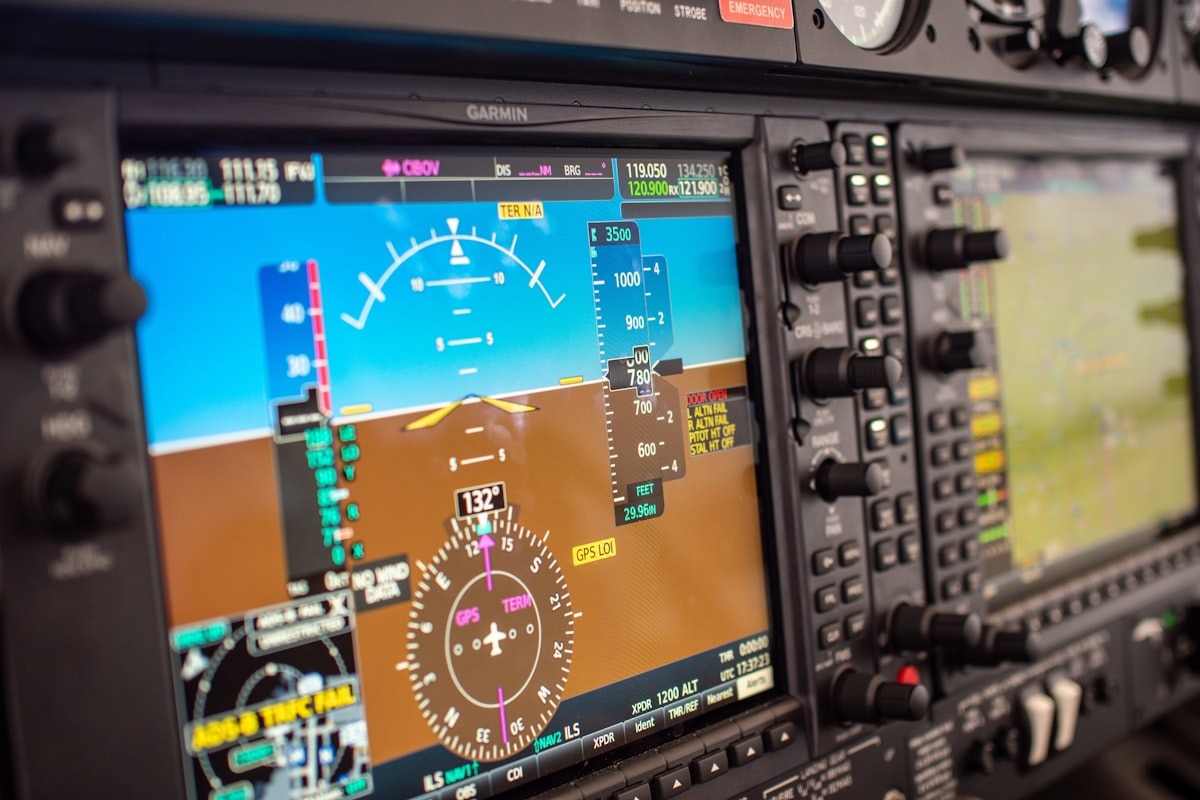AI-Powered Travel Planning: What Actually Works and What’s Just Hype
I’ll be upfront — when I first heard “AI travel assistant,” I rolled my eyes. Hard. I pictured some chatbot recommending the Eiffel Tower to someone who typed “Paris trip” and calling it a day. But after spending the last year or so testing various AI-powered travel tools, I’ve changed my tune. Some of them are genuinely useful. Others are… well, still recommending the Eiffel Tower.

How AI Is Changing Trip Planning
AI travel tools work by crunching enormous amounts of data — flight prices, hotel availability, weather patterns, historical trends, even social media sentiment about destinations. The better ones can tell you when to book flights for the cheapest fares, which neighborhoods to stay in based on what you actually care about, and what activities match your interests rather than just what’s popular.
Then there are the chatbots. Platforms like Expedia and Booking.com have rolled out AI-powered assistants that use natural language processing to handle questions 24/7. I tested Expedia’s chatbot last spring when I was rebooking a canceled flight at 2 AM. It actually handled the rebooking faster than I expected. Not flawless, but decent. And it beat sitting on hold.
Booking Flights and Hotels with AI Help
This is where things get genuinely impressive. Dynamic pricing algorithms analyze demand, seat availability, and competitor rates to surface the best deals. Apps like Hopper and Skyscanner use AI to predict whether flight prices will go up or down — and they’re right more often than you’d think. I saved about $180 on a round trip to Denver last fall by waiting three days based on Hopper’s prediction. Could have been luck, sure. But I’ll take it.
Voice assistants like Siri, Alexa, and Google Assistant can also handle bookings now. I’ve used Google Assistant to book a hotel room while driving, which was — I’ll admit — a little nerve-wracking but it worked. These assistants integrate with travel apps and handle itinerary management too, so everything stays in one place.
Personalized Recommendations That Don’t Stink
Personalization is where AI travel tools really start to earn their keep. Machine learning algorithms study your past trips, your search habits, even how long you linger on certain listings. Then they serve up recommendations that actually reflect your taste. Think of it like Netflix, but for destinations and experiences.
Some higher-end hotels have gone a step further with AI-powered concierge systems. These can suggest restaurants, local attractions, and custom itineraries based on your preferences. A few luxury properties have even deployed robot assistants — which sounds gimmicky, but they handle common questions efficiently and free up human staff for more involved requests.
That’s what makes AI-powered personalization endearing to frequent travelers. When it works well, it feels like the app actually knows you.
Safety and Security Features
Probably should have led with this, since safety matters more than finding cheap flights. AI monitors real-time data on weather, political instability, and health advisories to keep travelers informed. Apps like Sitata and International SOS pull from multiple data streams to give you up-to-date risk assessments for wherever you’re headed.
At airports, facial recognition technology is speeding up security lines. It verifies identities quickly, which cuts wait times and strengthens border security. Major airports worldwide have adopted these systems. I went through one at Heathrow last year and the whole process took maybe eight seconds. Felt like the future, honestly.
Customer Service Gets an Upgrade
AI chatbots handle the routine stuff — “where’s my booking confirmation,” “can I change my seat,” “what’s the baggage allowance.” This frees up human agents to deal with the messy, complicated problems that actually need a real person. The result is faster response times across the board.
Behind the scenes, sentiment analysis tools are reading customer reviews and social media mentions to spot trouble areas. Travel companies use these insights to fix problems before they snowball. It’s not glamorous work, but it makes a real difference in service quality.
AI-Generated Travel Content
Here’s where I have mixed feelings. AI tools can generate blog posts, reviews, and social media content about travel. Some of it is passable. A lot of it is generic. The better tools analyze trending topics and user preferences to create more targeted content, but you can usually tell the difference between something written by a person who’s actually been somewhere and something assembled by an algorithm. At least for now.
On the translation front, though, AI is a genuine lifesaver. Google Translate and similar tools have gotten surprisingly good at real-time translation. I used it constantly during a trip to rural Portugal and it worked well enough to have actual conversations. Not perfect conversations, but functional ones.
Where This Is All Headed
Predictive analytics will keep getting sharper. Virtual reality and augmented reality might let you “visit” a hotel room or destination before you book — some platforms are already experimenting with this. Researchers are also working on AI-driven sustainability features, like smart routing algorithms that reduce carbon footprints and promote greener travel options.
The future probably involves a lot more automation and a lot more personalization. Whether that sounds exciting or slightly unsettling depends on your comfort level with algorithms knowing your travel habits better than your friends do.
The Privacy Question
I’d be doing you a disservice if I didn’t mention this. AI in travel runs on data — your data. Where you go, what you search for, how much you spend, what you click on. Privacy is a legitimate concern, and not every company handles your information with the care it deserves.
There’s also the question of algorithmic bias. If the training data skews a certain way, the recommendations and pricing can too. Building fair, transparent AI systems is an ongoing challenge that the industry needs to take seriously — not just talk about.
The Bottom Line
AI travel tools have gone from novelty to genuinely useful in a short time. They can save you money on flights, personalize your trip planning, keep you safer abroad, and handle tedious booking tasks so you don’t have to. They’re not perfect, and the privacy concerns are real. But used thoughtfully, they make travel planning easier and sometimes even fun. And isn’t that the whole point?



